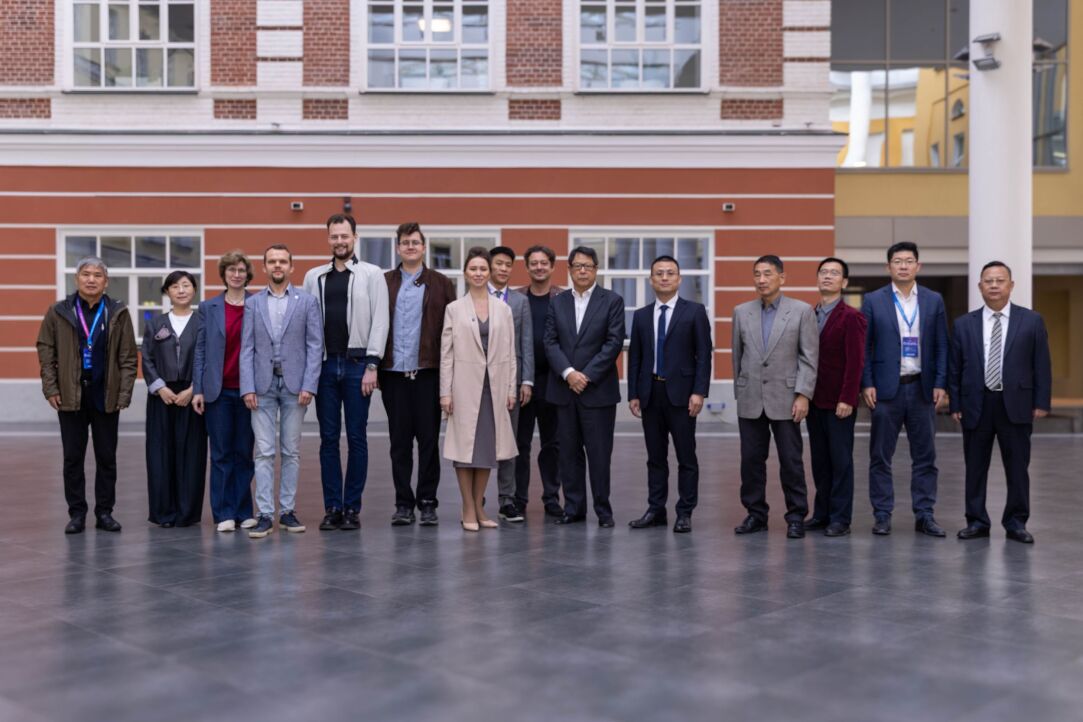HSE UNITY FEST, a large-scale, three-day celebration of national cultures, has taken place at HSE University. The event was an opportunity to make new friends and experience a true sense of unity, and visitors could immerse themselves in the cultures of different nations, explore their traditions and values, and take part in workshops and games. Students shared their impressions of the event with the HSE News Service.


















